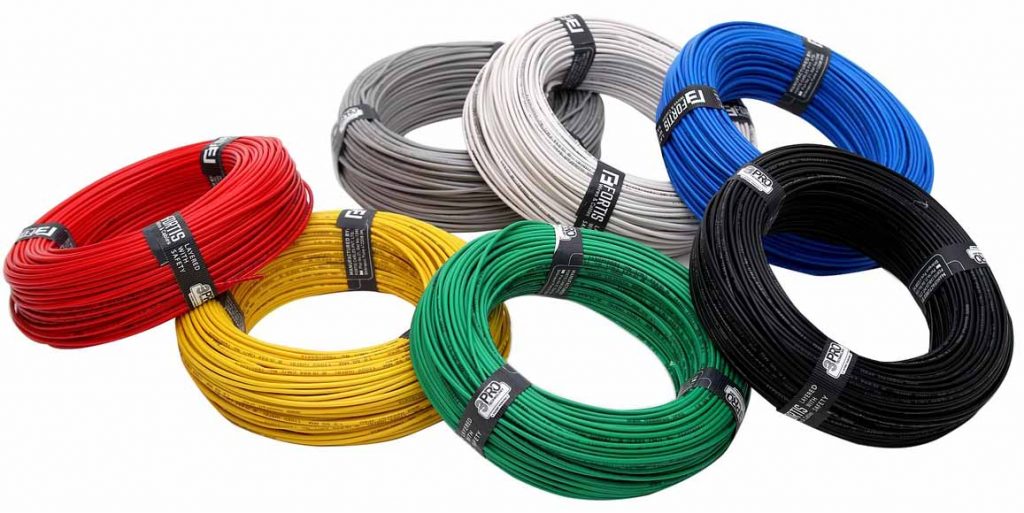Unveiling the Truth: Which Wire Consumes Less Electricity?

In the realm of electrical engineering, the efficiency of power consumption is a crucial consideration. One common question that arises is: which type of wire consumes less electricity? In this blog post, we will delve into the intricacies of wire materials, sizes, and configurations to uncover the answer to this important question.
- Understanding Wire Materials:
Different wire materials exhibit varying levels of electrical conductivity, which directly impacts their energy consumption. Copper, known for its high conductivity, is a popular choice for electrical wiring due to its ability to efficiently transmit electricity with minimal energy loss. On the other hand, aluminum wires, while less conductive than copper, are often used in certain applications due to their lower cost. - Wire Size and Resistance:
The size of a wire, measured in gauge, plays a significant role in determining its electrical resistance. Thicker wires have lower resistance, allowing for more efficient electricity flow and reduced energy consumption. By selecting the appropriate wire size based on the electrical load requirements, one can optimize energy efficiency in a circuit. - Configuration and Circuit Design:
In addition to wire materials and sizes, the configuration of wires within a circuit can impact electricity consumption. Parallel wiring, where multiple wires are connected side by side, can distribute the electrical load evenly and reduce resistance, leading to lower energy consumption compared to series wiring, where current flows sequentially through each wire. - Practical Considerations and Recommendations:
When aiming to minimize electricity consumption, it is essential to consider the specific requirements of the electrical system in question. Conducting a thorough analysis of the power demands, operating conditions, and budget constraints can help in selecting the most suitable wire type and configuration for optimal energy efficiency.
Conclusion:
In conclusion, the quest to determine which wire consumes less electricity involves a nuanced understanding of wire materials, sizes, and configurations. By carefully considering these factors and tailoring the wiring choices to the specific needs of the electrical system, one can achieve significant energy savings. Remember, the key to efficient power consumption lies in informed decision-making and strategic design considerations.
